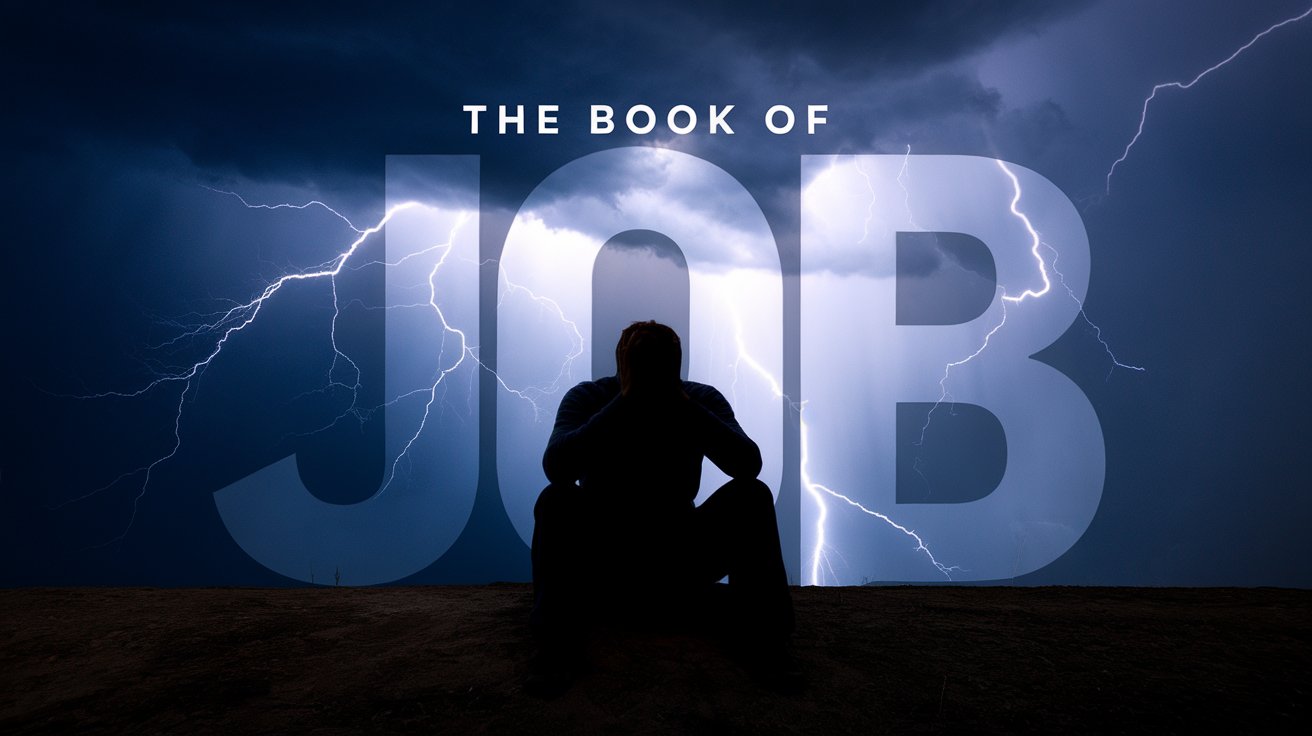When Your Friends Become Your Worst Critics
What’s Job Chapter 6 about?
Job finally gets to respond to his friend Eliphaz’s “helpful” advice, and he doesn’t hold back. This chapter captures that raw moment when someone in deep pain realizes their closest friends just don’t get it – and maybe never will.
The Full Context
Job 6 comes right after Eliphaz has delivered his first speech – a masterclass in missing the point. Job has lost everything: his children, his wealth, his health. He’s sitting in ashes, scraping his sores with pottery shards, and what does his friend do? Essentially tells him, “Well, you must have done something wrong because God doesn’t punish the innocent.” It’s the ancient equivalent of kicking someone when they’re down.
The book of Job sits in the wisdom literature of the Hebrew Bible, probably written during the post-exilic period when Israel was grappling with questions of suffering and divine justice. The author uses this ancient folktale framework to explore the deepest theological questions: Why do the righteous suffer? Is there such a thing as disinterested righteousness? Job 6 marks the beginning of Job’s defense – not just of his innocence, but of his right to question, to hurt, and to demand answers from God himself.
What the Ancient Words Tell Us
The Hebrew in this chapter is absolutely loaded with emotional intensity. When Job opens with mishqal in verse 2, he’s not just talking about weighing his grief – he’s using the same word used for weighing precious metals. Job is saying, “If you could put my anguish on scales like gold or silver, you’d see just how heavy this really is.”
Grammar Geeks
The word hawwah that Job uses for his calamities in verse 2 is fascinating – it’s the same root word used for “disaster” in biblical Hebrew, but it also carries the sense of something that falls from above. Job isn’t just experiencing random bad luck; he feels like he’s been targeted.
Then there’s that devastating metaphor in verses 15-20 where Job compares his friends to a nachal boged – a deceptive brook. Picture this: you’re dying of thirst in the desert, you see what looks like a stream ahead, but when you get there, it’s bone dry. That’s what Job’s friends have become to him.
What Would the Original Audience Have Heard?
Ancient Near Eastern readers would have immediately recognized the cultural weight of what’s happening here. In their world, friendship wasn’t casual – it was a covenant relationship with real obligations. When Job talks about his friends in verses 14-15, he’s not just complaining about hurt feelings; he’s accusing them of breaking sacred trust.
The imagery of the caravan traders in verses 18-20 would have hit hard too. These were people who risked everything on the promise of water at specific oases. When the water wasn’t there, people died. Job is saying his friends aren’t just unhelpful – they’re life-threateningly unreliable.
Did You Know?
The phrase “afraid of nothing” in verse 21 uses a Hebrew word that can also mean “you have become nothing.” Job might be making a wordplay here – his friends have become as useless as the dried-up streams they resemble.
Wrestling with the Text
Here’s where things get uncomfortable for modern readers. Job doesn’t just defend himself – he gets angry. Really angry. In verses 8-9, he actually wishes God would just kill him and get it over with. This isn’t suicidal ideation in the clinical sense; it’s the cry of someone who feels trapped between unbearable pain and the slow grind of meaningless existence.
But here’s what’s revolutionary about this passage: Job never stops talking to God, even when he’s furious. In verse 4, he describes God’s arrows as being dipped in poison, but he’s still engaging with God as a personal being who can be addressed, questioned, even challenged.
Wait, That’s Strange…
In verse 6, Job asks, “Can something tasteless be eaten without salt?” Some scholars think this is Job’s way of saying his complaints aren’t random whining – they have substance, like food needs salt to be palatable.
How This Changes Everything
This chapter demolishes the idea that faith means quiet acceptance. Job models something different: honest engagement with God that includes protest, questions, and even accusations. He’s not being unfaithful; he’s being authentically human before a God big enough to handle human emotion.
The friendship dynamics here are also crucial. Job shows us what it looks like when well-meaning people become harmful by prioritizing their theological systems over human compassion. Eliphaz thought he was defending God’s justice, but Job shows us he was actually defending his own need for the world to make sense.
“Sometimes the most faithful thing you can do is tell God exactly how angry and confused you are.”
Key Takeaway
Real faith isn’t about having all the answers or maintaining perfect composure in crisis – it’s about staying in relationship with God even when that relationship feels more like wrestling than worshiping.
Further Reading
Internal Links:
External Scholarly Resources:


